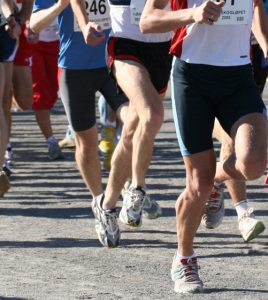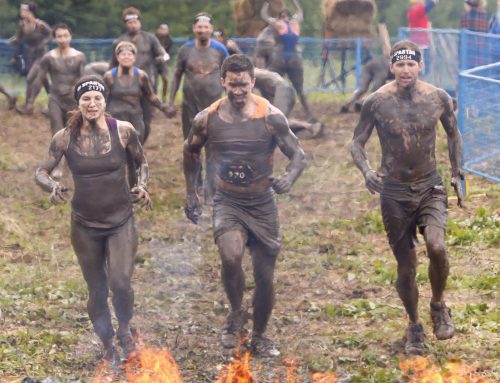Night Before:
The goal of a high carb dinner the night before a race is to fill the liver with glycogen. It should be noted that carbs shouldn’t be the only thing in your meal. Protein aids the muscle recovery process and also helps slow down the digestion of carbs, resulting in a more stable energy production. Aim for a carb to protein ratio of 2:1.
Another important factor to consider is hydration. Being dehydrated during a race can severely hinder your results, therefore, you should start hydrating the night before. A good hydration test is to check your urine. If it’s pale yellow, you’re good to go. Any darker, drink more.
Morning of:
Fuel up for your race with carbs and protein about twothree hours before the race starts. Don’t go for a heavy meal, instead opt for something light and easily digestible such as oatmeal, a protein shake and fruit.
If your race doesn’t start until the afternoon, have breakfast and then a light snack a couple hours before the event, following the same guidelines.
Continue to hydrate with water throughout the morning.
During Race:
During a Spartan Race, water stations are few and far between so make sure you plan accordingly.
You should aim to take in between 30 to 60 grams of carbs per hour by eating or drinking every 30 to 40 minutes. Tips include, wearing a hydration pack or fuel belt, or pin gel packs to your clothes so you’ll have food with you when you need it.
Closely monitor your thirst and drink when you need it.
Post Race:
You have about 15 to 30 minutes after crossing the finish line to capitalize on repairing muscle tissue and refilling your glycogen stores. The longer you wait, the more the muscle repairing process is compromised, along with your immune system.
It is recommended to intake 15 to 25 grams of protein and at least 40 to 50 grams of carbs immediately after the race.


